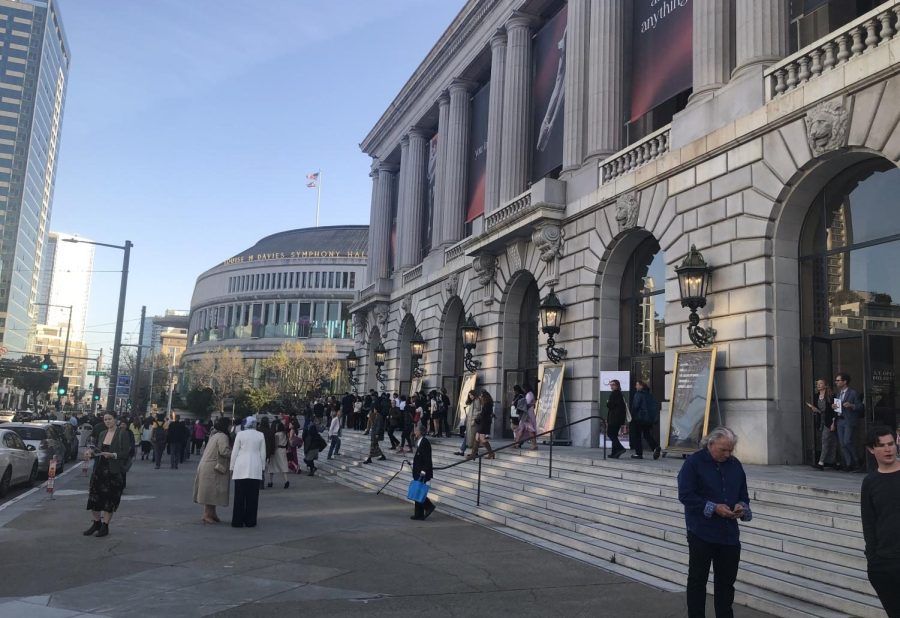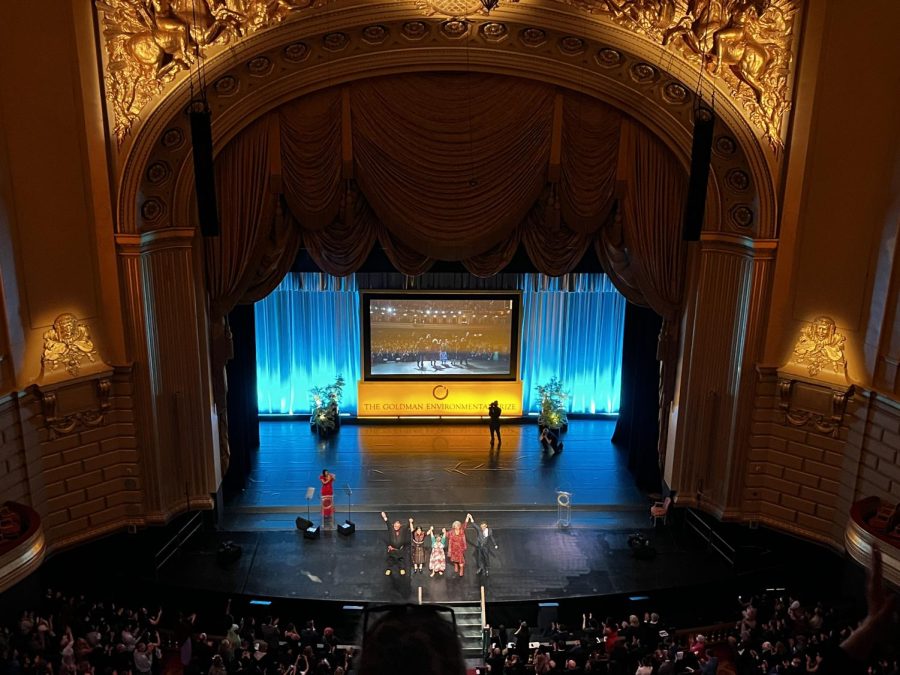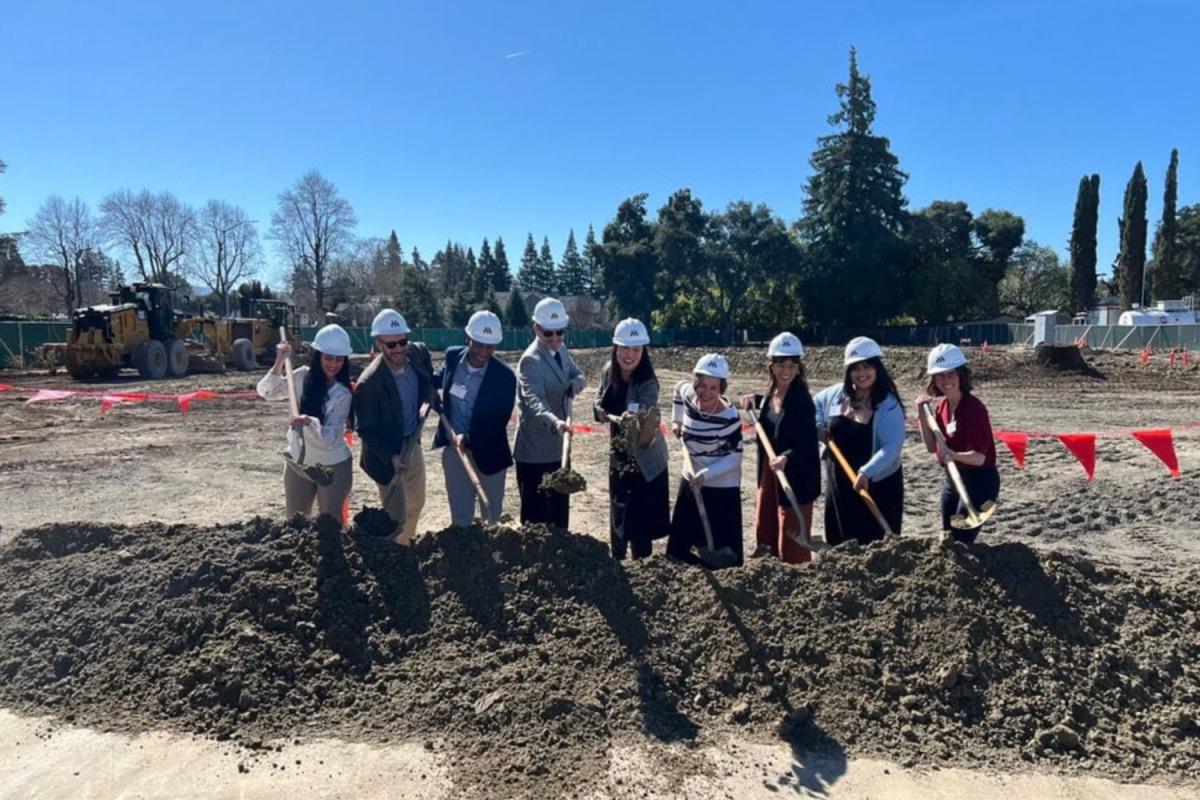The Goldman Environmental Prize Award Ceremony, held at San Francisco’s War Memorial Opera House, celebrated the work and lives of six climate activists around the world. The event connected 2,000 interested youth and adult participants.
The Prize has recognized grassroots environmental leaders from six continents for 34 years since 1989. By recognizing these individual leaders, the Prize seeks to inspire ordinary people to take extraordinary actions to protect the natural world.
According to their website, grassroots heroes are “those involved in local efforts, where positive change is created through community or citizen participation.” The nominees come from diverse backgrounds but all share the goal to build a more sustainable future, and they have impacted the world in an environmentally positive way.
“The overall goal of the prize is sharing their stories and amplifying their voices. We want to shine a light on environmental issues that so many grassroots communities are facing, both in our backyard and globally,” said Ellen Lominico, the digital marketing manager for the Goldman Environmental Prize Communications.
The 2023 Goldman Prize winners include people from Turkey, Brazil, Zambia, Finland, Indonesia, and the United States. They have accomplished major efforts in their respective areas, from expanding marine protected areas to winning a case against one of the world’s largest petrochemical companies for the dumping of toxic waste.
Two days after the San Francisco ceremony on April 24, award winners traveled to the Kennedy Center in Washington D.C. for the first time in the event’s history. According to Lominico, Nancy Pelosi, former speaker of the House of Representatives and a long-time supporter of the Prize, spoke at the Kennedy Center as well.
Along with the award ceremony, the event team included a youth program that provides Bay Area youth the opportunity to connect with each other and Prize winners.
Sophia Gunning, Carlmont alumnus, and past part-time event coordinator at Do Good Events, served as the youth coordinator and moderator for the 2023 Goldman Prize and recruited 350 youth to attend the youth reception and event.
“My goal was for kids to enjoy themselves and learn something new, as well as gain some inspiration to act toward fighting climate change. Hopefully, people who attended the event were reminded that anyone can make a difference, and it’s up to each of us to fight for our planet’s future,” Gunning said.
Gunning’s favorite part of her role was communicating with many people and helping in the education of climate mitigation for Bay Area youth. She sees the ceremony as a recognition of grassroots environmental activists around the world.
Lominico notes the event’s impact at both the international level and local level, and, like Gunning, sees it as a celebration that convenes their nonprofit partners, connections, and climate leaders.
“I think the prize winners show us that although we have a lot to do, as we fight to improve our environment and build healthy communities, it’s great to take a pause and celebrate these wins as well. Everyone that I had the opportunity to speak with was just really inspired, motivated, and hopeful too because you need that moment every once in a while,” Lominico said.
This impact was definitely felt by the attendees who are aiming to make a difference.
“I went to get inspired about successes in the field since there’s so much that is overwhelmingly evil and wrong—all the resource extraction, all of the social justice issues of not respecting people and their land, and all the colonialism that is disrupting the indigenous peoples of the world, which further disrupts the environments,” said Jesse Aubin, an environmental science student at California State University East Bay (CSUEB) who attended the event as a youth participant upon his professor’s invitation.
In his own community, Aubin’s project for his conservation biology class is to support bees and pollinators by reaching out to students and learning about school policies on land management and pesticide use.
“One thing we learned is that there are a lot of really pollinator-friendly policies on our campus that the public just isn’t aware of. There’s definitely a lot of room for the education of the student body to show we do care about supporting the biodiversity on our campus and pollinator support,” Aubin said.
Patty Tapia, a socio-cultural anthropology student at CSUEB, also attended the event. Like Aubin, Tapia is working on their own project on campus—a replica of a Muwkema-Ohlone garden to bring awareness to the biodiversity of native plants. Since CSUEB is on Muwkema-Ohlone land, Tapia has also been working with the tribe to bring back the region’s native flowers and plants such as the California wild rose.
“At least 70% of the plants on our campus are nonnative, which means they aren’t supposed to be there. We’re trying to show how native plants are useful and how sustainable we could be with growing our own plants and having this community garden,” Tapia said.
The founder of the event championed the event for “people of ordinary backgrounds doing extraordinary things to save our Earth.” Lominico believes this quote is a fitting manifestation after seeing how the gathering has inspired the minds of the attendees
“The Goldman prize winners are people like your aunt, your teacher, or just a community member who gets fired up about something and says, ‘I’m going to make a change.’ They do so to better their local and global community at the same time. That’s why I think the phrase, ‘Ordinary people, extraordinary impact,’ definitely describes what this is,” Lominico said.













